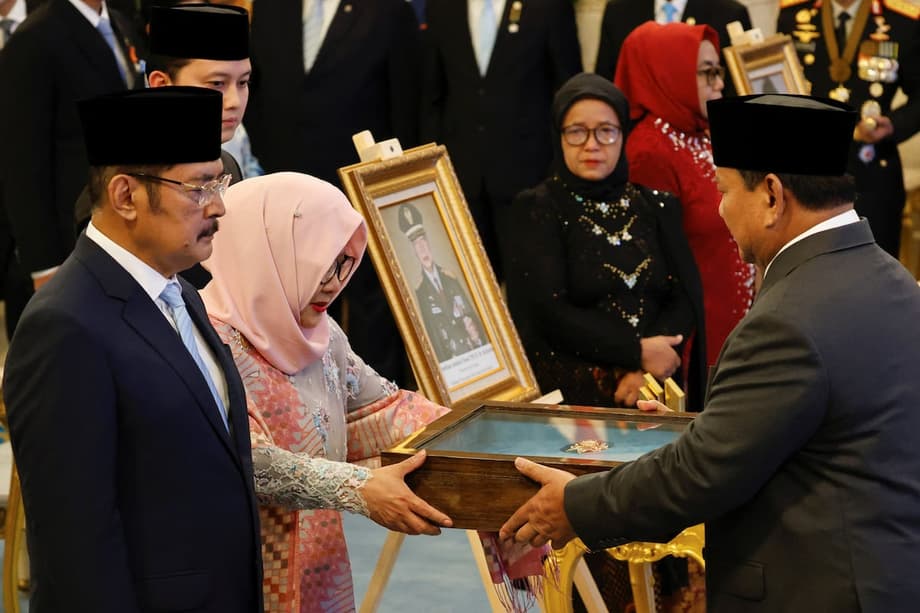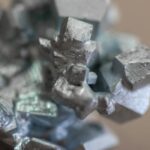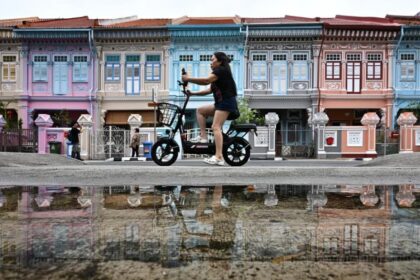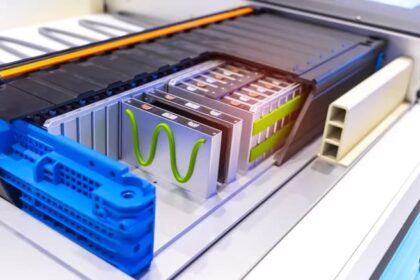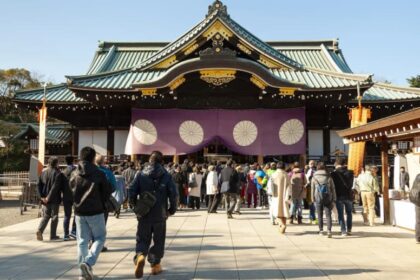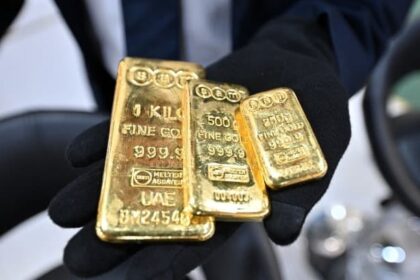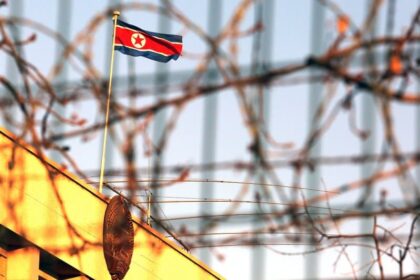A contested honor on National Heroes Day
Indonesia has awarded the title of national hero to former president Suharto, who led the country from 1967 to 1998 during the New Order era. The ceremony at the state palace in Jakarta was presided over by President Prabowo Subianto, a former general and Suharto’s one time son in law. The decision has ignited street protests, sharp reactions from human rights groups, and a surge of petitions from survivors and families of victims of past abuses.
Supporters argue that Suharto deserves recognition for his role in the independence struggle and later state building, citing decades of economic growth and infrastructure development. Opponents point to a record of mass killings after 1965, military repression in East Timor and other regions, enforced disappearances, tight controls over political life, and deep rooted corruption. They say conferring the nation’s highest honor risks whitewashing history and discourages efforts to secure truth and accountability.
Ten people received the title this year on National Heroes Day (Nov. 10), including former president Abdurrahman Wahid and slain labor activist Marsinah, who clashed in different ways with the New Order. Suharto’s children accepted the award on his behalf.
How the national hero process works
Indonesia awards the title of national hero to individuals judged to have made outstanding contributions to the republic. The process runs through the Ministry of Social Affairs and a central research and review team that includes historians, academics, religious leaders, veterans, and community representatives. Nominees are typically proposed by provincial governments after public consultations. A council for titles and honors assesses the dossiers, then the president makes the final decision.
Officials say public input is part of the process and that nominees are vetted against formal criteria such as proven service to the state, moral character, and lasting benefit to society. Government spokespeople have emphasized respect for former leaders while acknowledging that no presidency is without flaws. Suharto’s name has been proposed multiple times over the years. This year the debate accelerated as political allies revived the bid and the council placed him among the finalists.
Why Suharto remains a divisive figure
Suharto emerged from the turmoil of 1965 to become the country’s second president. His government delivered stability and growth, yet it also built a system of militarized control, constrained civil society, and curtailed press freedom. The deepest fault lines trace back to the anti communist purges, subsequent security operations, and a pattern of impunity that survivors say has never been addressed.
Allegations of abuses and unresolved cases
Indonesia’s National Commission on Human Rights has investigated a series of gross human rights violations connected to the New Order period. Rights groups and victim networks continue to press for judicial follow up and official acknowledgment.
- The 1965 to 1966 mass killings of alleged communists and sympathizers, with estimates ranging from 500,000 to 1 million dead
- The mysterious shootings known as Petrus between 1982 and 1985
- The Tanjung Priok tragedy in 1984
- The Talangsari incident in 1989
- Abuses in Aceh, including at Rumoh Geudong and Pos Sattis
- Enforced disappearances of pro democracy activists in 1997 and 1998
- The Trisakti and Semanggi shootings in 1998 and 1999
- The May 1998 riots marked by widespread violence
- The killing of people accused of sorcery in several regions
Historians link the rise of Suharto to events after an alleged coup attempt in late 1965. The military blamed the Indonesian Communist Party, and the purge that followed produced one of the deadliest episodes of the twentieth century. No formal national inquiry has ever established an official toll. In 1975, Indonesia invaded East Timor, a military operation that led to a long and violent occupation until East Timor’s vote for independence after Suharto left office.
Suharto and his family were suspected of amassing vast wealth during his rule, with estimates reaching tens of billions of dollars. Attempts to prosecute him for graft after 1998 failed as he was declared too ill to stand trial. A court later ordered one of his foundations to repay millions in misused funds, yet his broader corruption case never reached a courtroom verdict.
For rights advocates, naming Suharto a national hero crosses a moral line. Dimas Bagus Arya, coordinator at the Commission for the Disappeared and Victims of Violence, said the title would normalize impunity.
“Suharto, as someone suspected of being involved in human rights violations and state violence, does not deserve the title of national hero.”
Families of those harmed during the New Order have also spoken out. Uchikowati Fauzia, whose relatives suffered imprisonment and discrimination after 1965, said the award ignores the pain carried across generations.
“It is an insult to victims’ families.”
Supporters point to stability and development
During Suharto’s tenure Indonesia brought down hyperinflation, expanded basic education, improved rice production, attracted foreign investment, and built roads and ports. Many Indonesians who came of age in the 1970s and 1980s recall order, lower prices, and rising incomes, which fed nostalgia after the chaos of the 1997 to 1998 crisis.
The New Order promoted a narrative of development, and Suharto accepted the honorific Bapak Pembangunan, father of development. Supporters argue that his early military service during the independence struggle and later focus on growth merit recognition, even if the era had serious costs and distortions. They stress that the title recognizes service to the nation, not a blanket endorsement of every policy.
Suharto’s eldest daughter, Siti Hardiyanti Rukmana, appealed for the public to remember her father’s contributions. She spoke after receiving the medal on behalf of the family.
“Please remember what my father had done, from when he was young until he was old, all his fights for this country and the Indonesian people.”
State Secretary Prasetyo Hadi, addressing the broader approach of honoring past leaders, said recognition can coexist with a clear view of shortcomings.
“No leader is perfect. It is appropriate to honor our predecessors and also to acknowledge their achievements.”
What critics fear under President Prabowo
The award comes as President Prabowo appoints a cabinet with several figures tied to the New Order period and strengthens cooperation with Golkar, the party that sustained Suharto’s rule and still holds key posts. Civil society groups see a pattern of historical revision in official messaging, textbook drafts, and speeches that celebrate the New Order as a time of stability while minimizing abuses. The removal of Suharto’s name from a clean governance decree in 2024, at the request of political allies, deepened suspicions that the past is being recast.
Amnesty International Indonesia warned that granting national hero status to Suharto risks rewriting history and undermining the reform era that followed 1998.
“This move would whitewash the sins of an authoritarian regime and distort history.”
Families of victims and pro democracy activists have organized rallies near the presidential palace and circulated petitions. An open letter signed by hundreds of academics, activists, and public figures urged the president to reject the nomination and prioritize justice for victims. Thousands more have supported online petitions opposing the honor.
Uchikowati Fauzia, whose family endured persecution after 1965, said the decision dishonors survivors.
“It is an insult to victims’ families.”
Sumarsih, who lost her son during the 1998 protests, said unity cannot be built on denial.
“National unity should be built on honesty, not on lies.”
Prabowo himself has faced allegations of involvement in the abduction of student activists in 1997 and 1998 when he was a military officer. Several of those abducted never returned. He has denied wrongdoing and was never tried in court, yet the episode remains a source of distrust among activists who see continuity between past and present.
The legal and historical debates behind the title
Supporters of the honor point to Suharto’s record before he became president. He fought as a young officer in the struggle against Dutch rule, and accounts of his early career highlight actions in Yogyakarta in 1945, including the disarmament of Japanese troops and local defense efforts. These episodes, they say, meet the formal emphasis on contributions to independence and state building.
Critics counter that the award is meant for figures who uphold justice and humanity. They argue that Suharto’s long presidency produced laws and practices that restricted political parties, censored the press, and placed the military at the heart of governance through the dual function doctrine. For them, the absence of accountability for the major abuses listed by the human rights commission should weigh decisively against the honor.
The government has said every nominee undergoes academic evaluation and community vetting. The head of the titles and honors council, Fadli Zon, said candidates met the criteria after background checks and study. The process, however, is inherently political because the president makes the final call.
Regional and international context
The Suharto era unfolded during the Cold War, when Jakarta’s staunch anti communist posture made it a key partner for Western capitals. That alignment shaped external responses to turmoil inside Indonesia as well as to the 1975 intervention in East Timor. Historians say Washington quietly supported the operation, and Indonesian forces then ran a harsh occupation until East Timor won a vote for independence after Suharto stepped down.
Rehabilitation of authoritarian legacies has appeared elsewhere in Southeast Asia. The Philippines saw a revival of the Marcos brand, aided by selective narratives about economic growth and order that downplayed martial law abuses. Analysts see similar dynamics in Indonesia, where a younger generation with no direct memory of the New Order may view the era through simplified stories. The contest over Suharto’s memory is part of a wider struggle about how the nation teaches and remembers history.
Even supporters of the honor accept that the New Order had severe costs. The unresolved question for Indonesia is how to commemorate early service while acknowledging the harms that followed. That tension helps explain why this award has triggered strong reactions from across society, from victims’ families and students to veterans and former officials.
What to Know
- Indonesia awarded Suharto the title of national hero at a state ceremony led by President Prabowo Subianto.
- Ten people received the honor on National Heroes Day, including Abdurrahman Wahid and labor activist Marsinah.
- Supporters cite Suharto’s independence era service and long period of economic growth and stability.
- Critics highlight the 1965 to 1966 mass killings, East Timor abuses, enforced disappearances, and other unresolved cases.
- Rights groups say the honor risks whitewashing history and normalizing impunity for past crimes.
- The government defends recognizing former leaders, with officials saying no presidency is without flaws.
- Petitions and protests from civil society and victims’ families have challenged the decision.
- Prabowo’s own human rights controversies and textbook revisions have fueled concerns about historical revisionism.
- The national hero process involves provincial proposals, expert review, and a final decision by the president.
- The debate reflects a broader struggle over how Indonesia remembers the New Order and teaches its history to younger generations.


